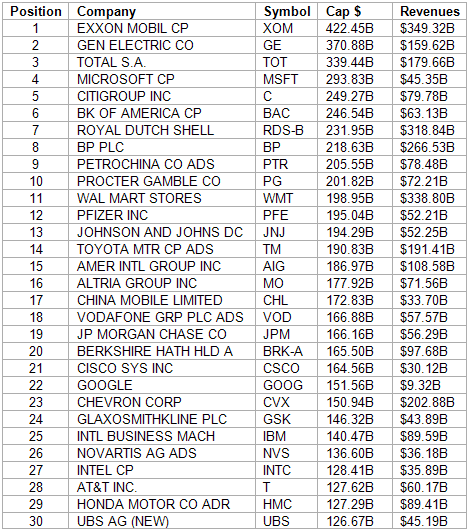DMOZ directory still broken after a month
Link: DMOZ directory still broken after a month

The DMOZ directory is still suffering serious technical problems, a month after they first appeared.
The problem - attributed to a hardware issue - prevents DMOZ editors from being able to log in and edit entries.
The technical issues were first announced on October 25th - but nealy a month later, the original technical issues have not been fixed.
DMOZ - also known as the Open Directory Project (ODP) - is currently owned by AOL, but there remains no word yet an whether AOL are even interested in addressing the technical issues.
DMOZ and has being heavily criticised in recent years over issues such as corruption of editors, poor quality editing, and social politics driving out established editors.
While this has left a lot of bitterness around the webmaster community about the project, it seems that claims that it is dying are finally being realised.
At present DMOZ editors are not being updated as to progress with the technical issues, though it has been speculated that the database itself has failed and may be being rebuilt.
Of course, that presumes that AOL have any interest in dedicating resources to fix it.
Overall, whatever the complaints about DMOZ, I can only hope we see the site archived, if it is not to be fixed.
After all, it was a part of internet history, and while it has suffered some very real problems with operations, it would be a shame if AOL were to simply allow the project to die completely - and be deleted.
However, it could simply be the case that technical problems are being addressed - in which case the question to follow from that is as to what useful role DMOZ can play in a Web 2.0 internet.


























